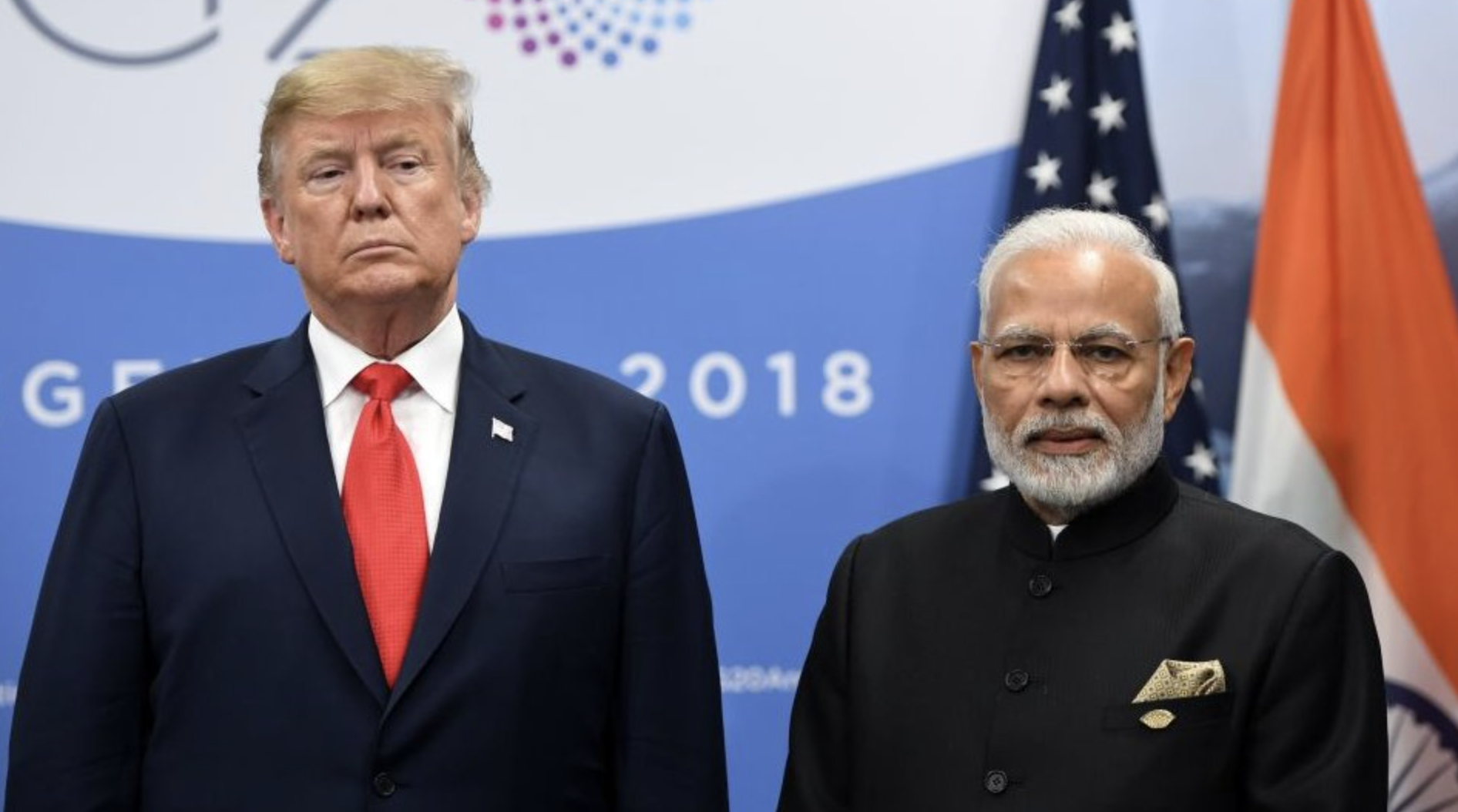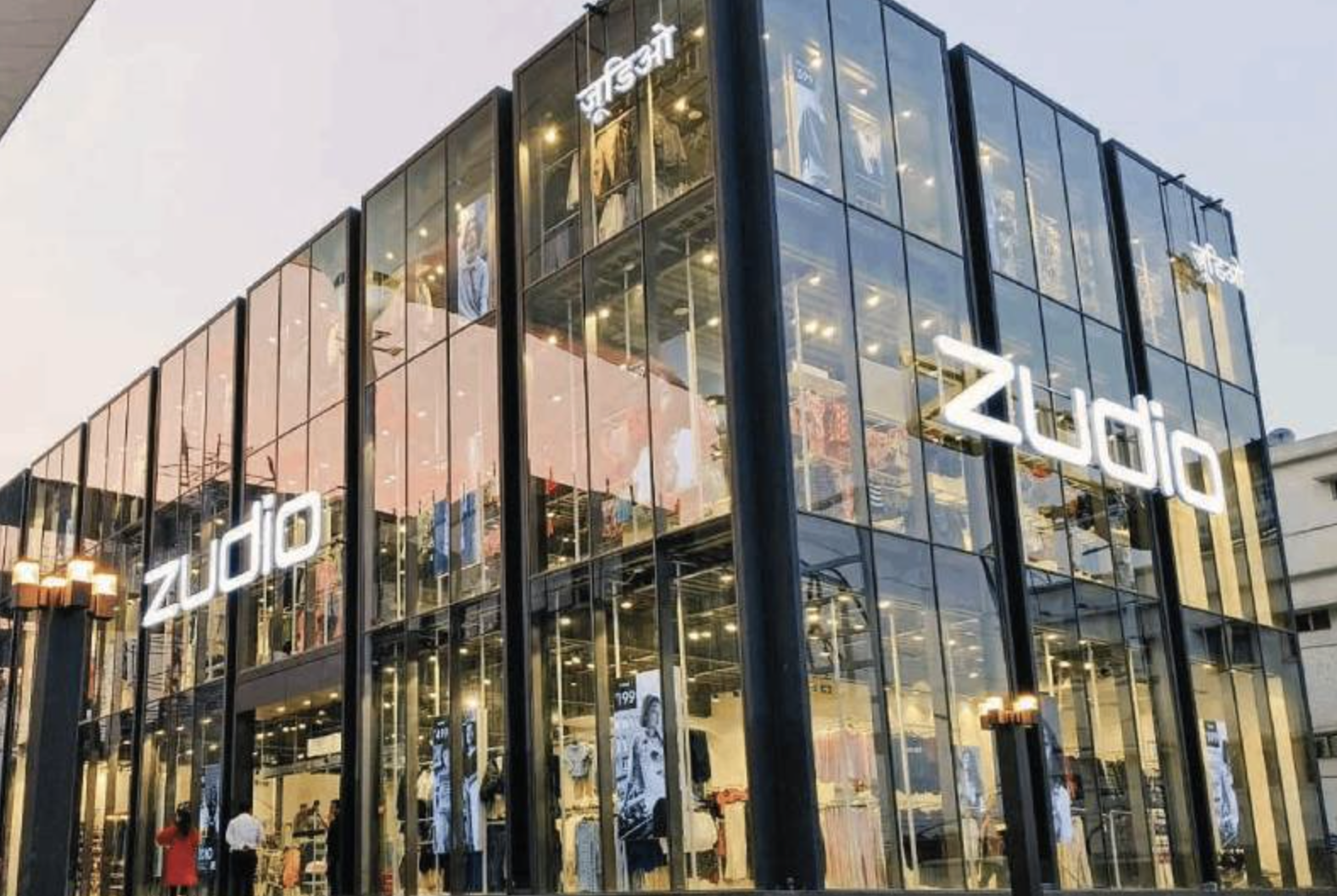With the rise in US tariffs, buyers are now asking Indian exporters for 15-20 percent discounts on products ordered before the tariff announcement. The sudden increase in costs is causing uncertainty, especially for exporters of clothing, textiles, and gems. Smaller firms are seeing delays in shipments, and some orders are being put on hold.

Big Retailers Hold Steady, Smaller Players Struggle
Large global retailers with long-term contracts have not yet changed their sourcing strategies. However, smaller exporters are struggling with shifting demands and pricing pressure. Some buyers are asking sellers to either absorb the tariff costs or share them. This situation is especially difficult in sectors with tight margins.
Tariffs Hit Discretionary Sectors Hard
The clothing and gems sectors are more vulnerable due to their reliance on discretionary spending. As US consumers postpone purchases, demand for such items may drop. Exporters worry about a potential slowdown in fresh orders, and there is growing concern about the impact on liquidity for smaller US buyers who must now pay higher customs duties.
Negotiations and Tactical Adjustments Underway
According to industry experts, many Indian exporters are in talks with buyers to negotiate shared responsibility for tariff increases. Some deals involve a three-way split of the added cost between the seller, buyer, and consumer. Export factories are delaying shipments and postponing major decisions until the market stabilizes.
India Still a Key Sourcing Partner
Despite current challenges, India continues to be a crucial sourcing destination. Global fashion brands are recalibrating their strategies but remain committed to working with Indian partners. With Vietnam and Bangladesh facing steeper duties, India still offers a competitive edge. Industry leaders believe that collaboration and flexibility will help navigate this period of uncertainty.











